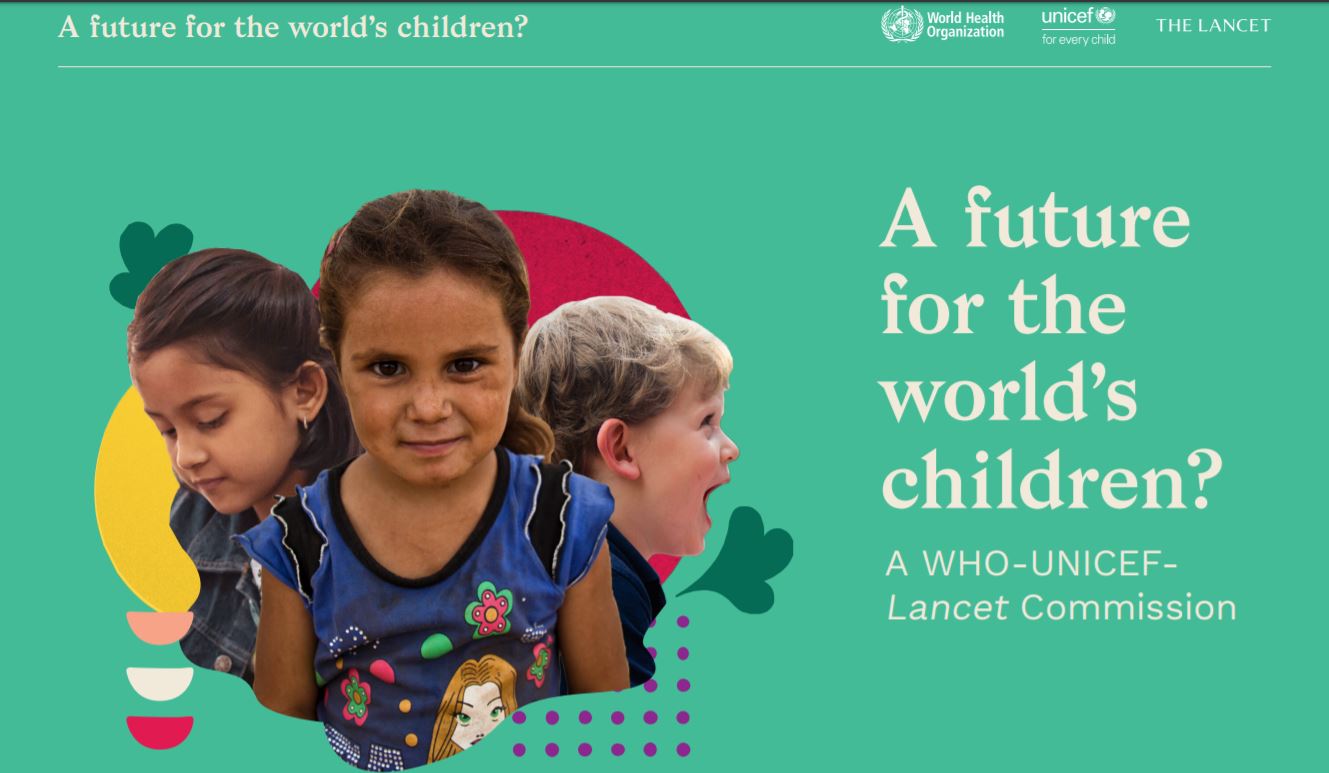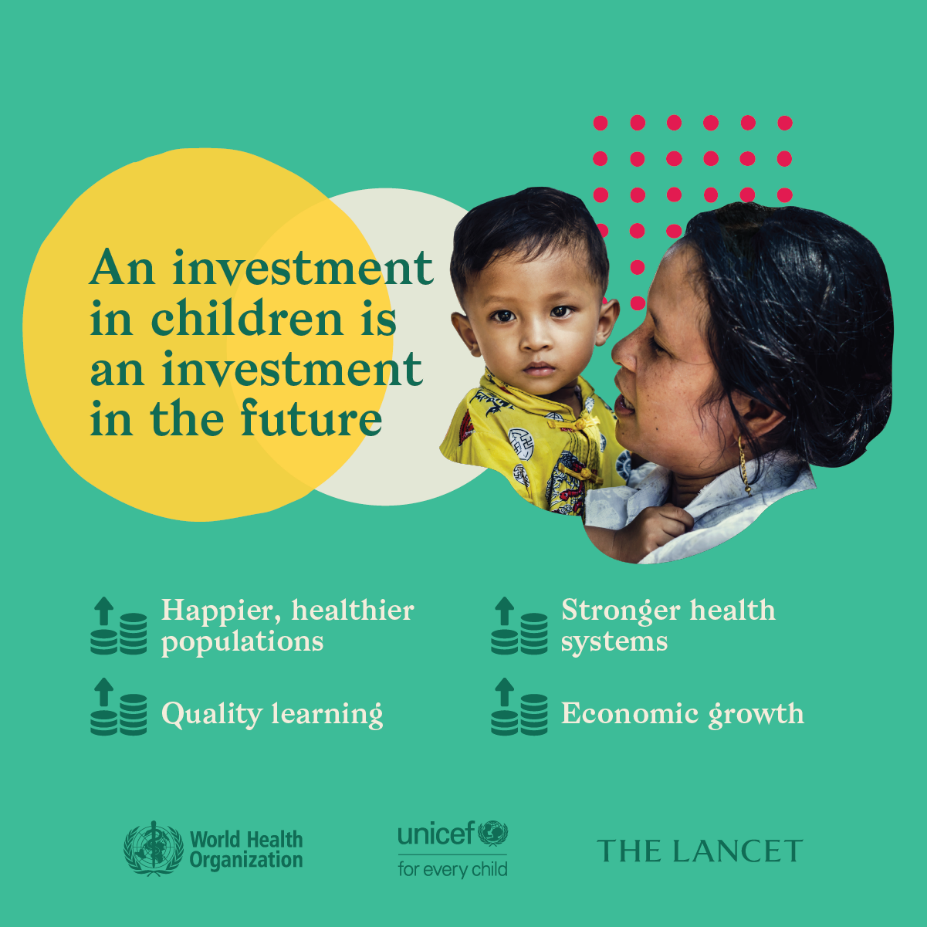
A healthier future for children: four lessons from the world of diarrhea

“As climate and commercial threats intensify, WHO-UNICEF-Lancet Commission presses for radical rethink on child health,” opens the press release for the launch of the new report, A Future for the World’s Children?
The question mark is an unsettling harbinger for the report’s dire warning: no country is doing enough to adapt to the treacherous backdrop that today’s children and future generations will inherit. It’s in this context that our progress in child health is set to stall and reverse if we don’t immediately and aggressively act to reset the stage.
Morally and economically, these are investments worth making. Fortunately, we’ve seen what persistence and collaboration can do in the field of diarrheal disease. Here are a few examples touching on the report’s key themes.
1. Harmful marketing
Research shows that companies that sell processed foods and tobacco, and target children with abandon, are connected to the 11-fold rise in child obesity, a modern form of malnutrition. Relevant specifically to diarrhea prevention, countries can harmonize national regulations with the WHO International Code of Marketing of Breast-milk Substitutes to prevent inappropriate or inaccurate messages about alternative forms of infant nutrition. For moms who are unable to breastfeed, human milk banks are an ideal back-up option. It’s hard to overstate the importance of breastmilk for child health and development. Breastfeeding could save an estimated 800,000 infants each year by preventing death and physical and cognitive stunting from malnutrition and infectious diseases like diarrhea.
If you are looking for an example of how marketing can make a positive impact, look no further than co-packaged oral rehydration solution and zinc.
2. Climate change
“Climate change exacerbates every known vulnerability, not least of which is the health of children at highest risk,” said Helen Clark, former prime minister of New Zealand. We heard many participants at last year’s World Water Week in 2019 crystallize it this way: climate change is water change. Floods and droughts alike and the poor water quality they generate put children at greater risk of illnesses like diarrhea.
There’s an important irony here: the same countries that enjoy the highest child flourishing ratings are the ones driving the climate crisis that threaten the child health efforts in already struggling regions. The responsibility to achieve the Sustainable Development Goals truly resides with all nations, none of which are acting to the degree that is necessary. Stopping CO2 emissions is a concrete recommendation of this report.
Meanwhile, we are pleased to see partners in the sanitation sector developing climate-friendly solutions. For example, non-sewered systems that conserve water and turn waste into fuel or fertilizer, eliminating the need for resource-intensive fecal sludge transport and reducing the risk of disease outbreaks like cholera, especially in crowded settings.
3. Children’s voices
We’ve long seen the impact children can have on the health of their communities, especially when it comes to handwashing education. They are the best advocates around: enthusiastic, determined, and more amenable to behavior change. From puppet shows in India to student hygiene ambassadors in Zambia, we’re fortunate to have them in our corner as we co-create the future together.
4. Multisectoral approaches
The issue of diarrheal disease is a microcosm for what it takes to care for the health of a child in the big picture. The problem is multifaceted, and therefore, so are the solutions. Coordinated programs and advocacy is one of our core values, and the challenges therein is something we think about often.
One recommendation elevated in the report is to secure political commitment at the highest level in government, a representative with the authority and clout to design cross-cutting programs and budgets. This looks different in each context. In a report we co-authored with WaterAid, we offer three examples of country programs (Madagascar, Brazil, and Nepal, respectively) that integrate health, nutrition, and WASH.
The experts say we need ‘radical change,’ and at DefeatDD we agree. The future for the world’s children is not tomorrow. It is now.


